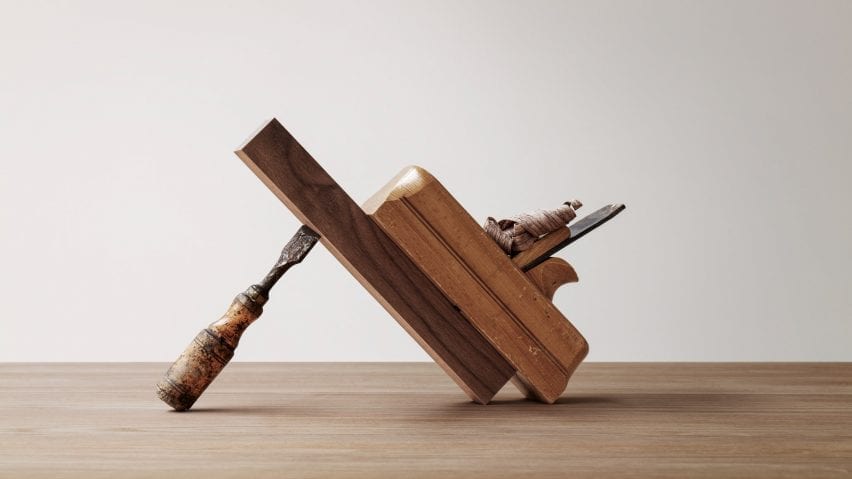
"If you're not a sustainable business five years from now, you're out of business"
Dezeen promotion: earlier this month, Danish furniture manufacturer Carl Hansen & Søn gathered sustainability pioneers from the design, architecture and food industries to discuss how they are working to build a greener future.
The discussion took place as part of a two-day digital design event organised and hosted by the Danish brand called Open House.
As the pandemic prevented face-to-face meetings at design events across the globe, Open House was conceived as a digital alternative with a programme of informative and inspiring digital presentations, tours and talks with figureheads from the world of design.
As part of the series, Carl Hansen & Søn partnered with Dezeen to present a talk that focused on sustainability in the design, architecture and food industry.
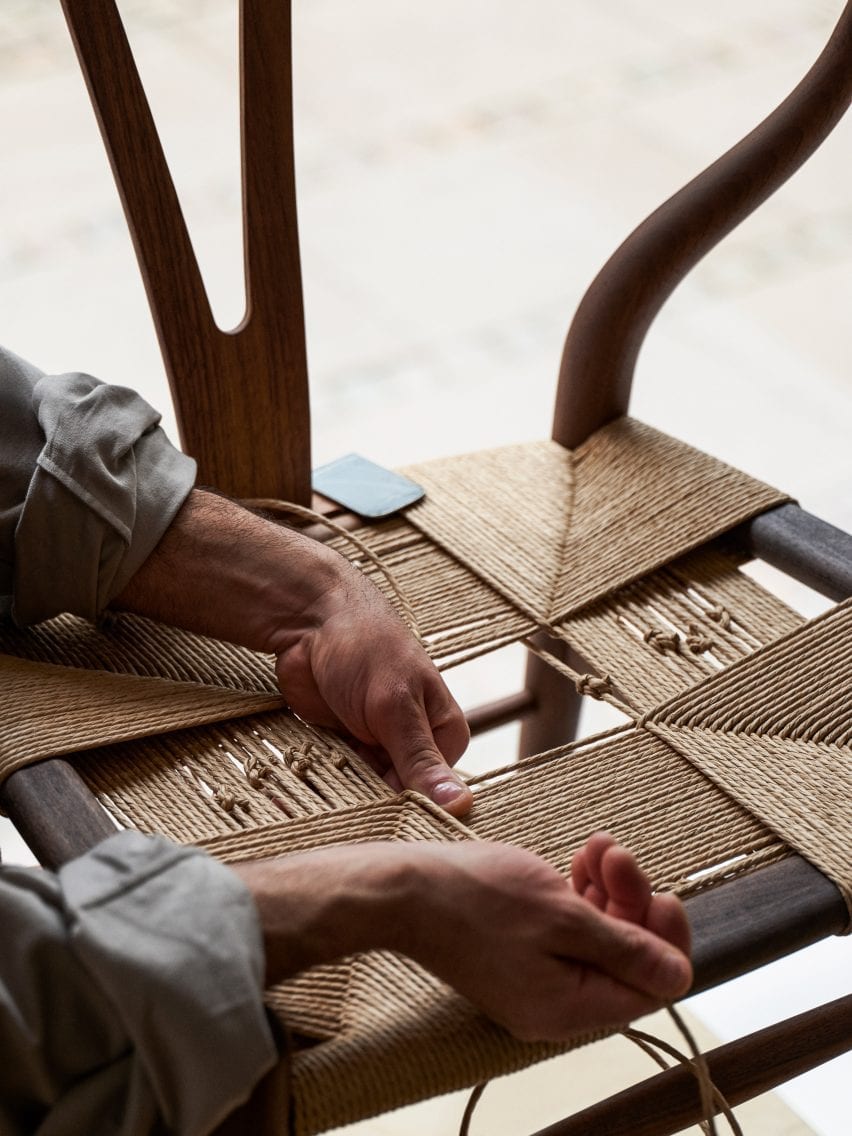
Moderated by Dezeen deputy editor Casja Carlson, the session saw Carlson joined by panellists Jakob Jønck, founder and CEO of local food delivery service Simple Feast, Dan Stubbergaard, architect and founder of Copenhagen firm Cobe Architects, and Carl Hansen & Søn CEO and third-generation owner Knud Erik Hansen.
Each panellist discussed the steps their company had taken towards making their respective industry more sustainable before going on to share their views on the challenges of running a sustainable business and their hopes for the future.
For Carl Hansen & Søn – a 113-year-old family business that produces classical Danish furniture created by mid-century designers as well as new contemporary pieces – Hansen explained that sustainability is "inherent" in its design philosophy.
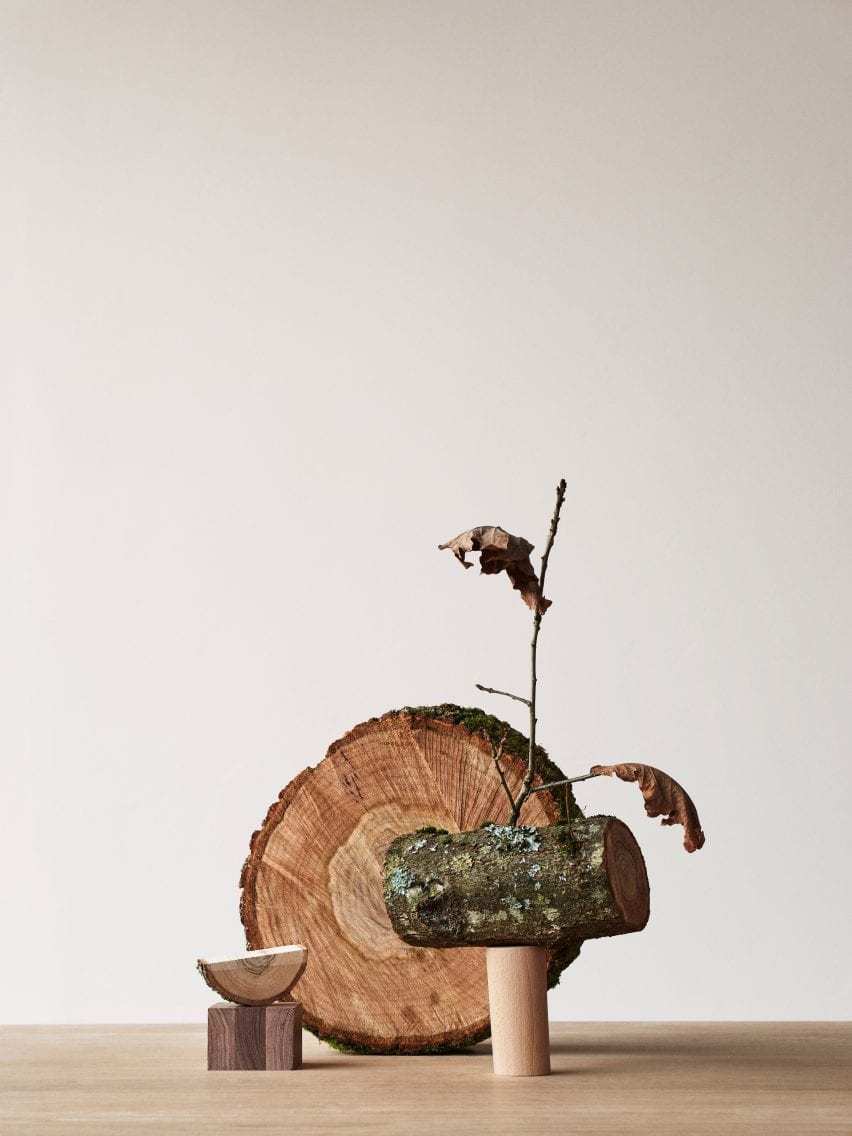
Produced in a factory in Denmark by highly skilled craftspeople, each piece is built to "last for generations".
He also informed that the majority of the pieces that the factory produces, such as the popular Wishbone chair created by Hans J Wegner in 1949, are between 70 and 80 years old, but have never been so popular as they are today. Hansen credits this to the furniture's sustainability credentials.
Everything it produces is made from wood that is harvested from responsibly managed forests and sawmills. In addition, all of the factory's waste is used as fuel to create heating for the factory itself as well as around 400 houses in the neighbouring town.
Danish architect Stubbergaard said that his 150-strong studio of architects at Cobe has completely changed the way that they think and design in the past two years.
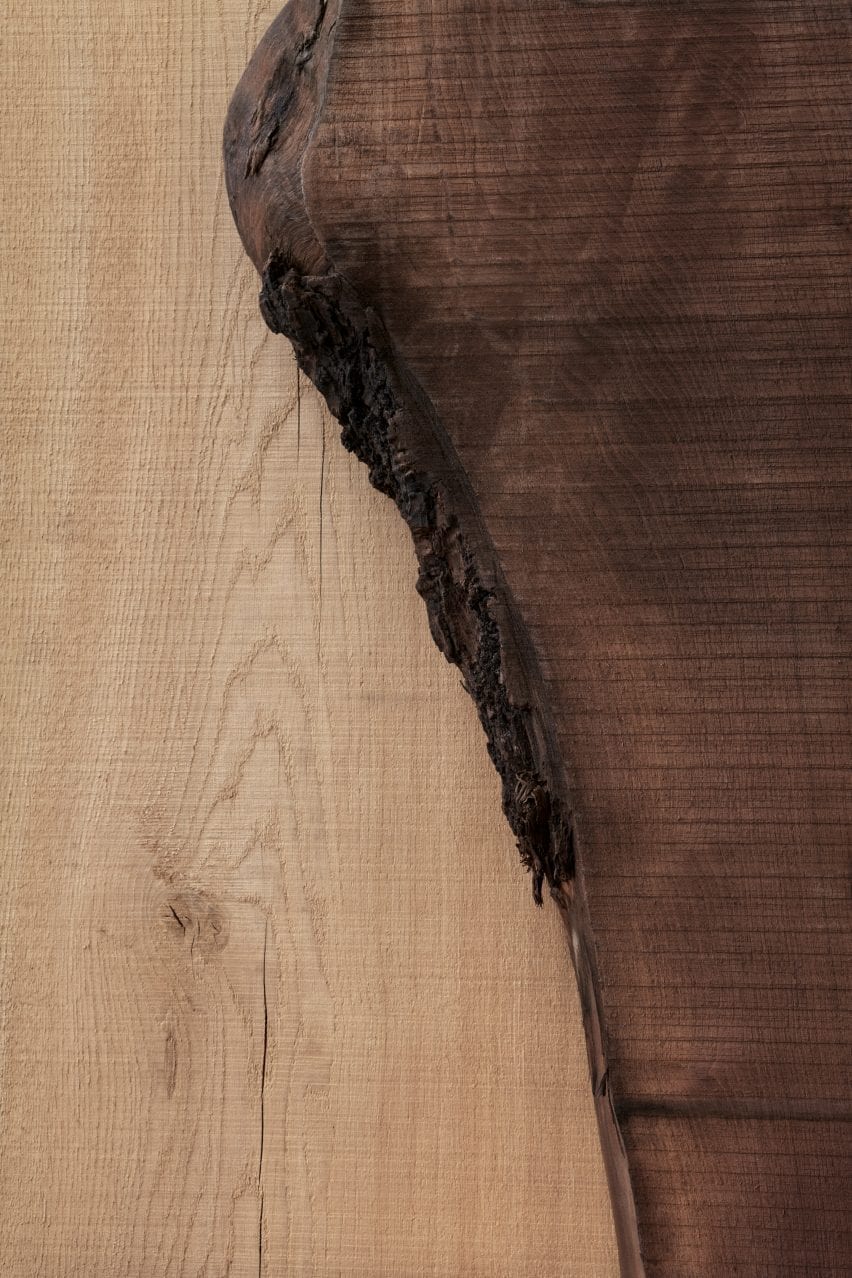
"More than 40 per cent of the total carbon emissions worldwide are produced by the construction industry," he said.
"So we have a burden on our shoulders when we design. My role as an architect and designer is to create design that guides people's behaviour into a new way of living."
In its masterplan for Copenhagen's former industrial harbour area Nordhavn, Stubbergaard said that Cobe Architects took a sustainable approach to city planning to solve future environmental challenges.
For instance, the area's "green loop" – a cycling expressway – makes it easier for visitors and residents to walk, bike or use public transport than to drive.

Cobe's efforts to lower CO2 emissions are also evident in its own office environment where Stubbergaard said that staff now enjoy a vegetarian diet four days of the working week.
At Simple Feast – a six-year-old plant-based food box subscription company based in Denmark, Sweden and the USA – founder Jønck said that the company's approach to sustainability is end-to-end.
For example, it only works with organic farms that use sustainable farming methods that promote healthy soil. It has also set up its own reusable packaging platform together with a company called Circle that allows customers to return and reuse the boxes that the food is delivered in.
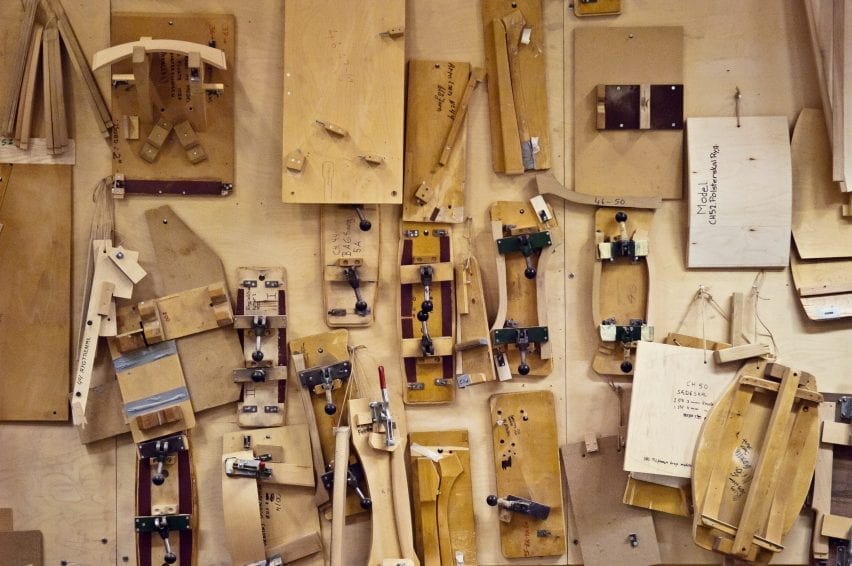
During the discussion, the panellists all agreed that while awareness around sustainability had increased among consumers, especially among the younger generation, there is still a long way to go to create meaningful change.
"It is a demand that comes from the consumer," said Hansen. "At the same time, I think most of the industrial owners and managers are aware of it and also of the importance of following times and making sure that whatever we are doing is not damaging in any way – we need to."
"If you're not a sustainable business five years from now, you're out of business," agreed Jønck.
"As a company that is how you ought to look at it. There's a lot of greenwashing going on out there, but there is also a lot more transparency – that's the benefit of having a globalised world dominated by the internet. Sustainability has to be at the core of your business."
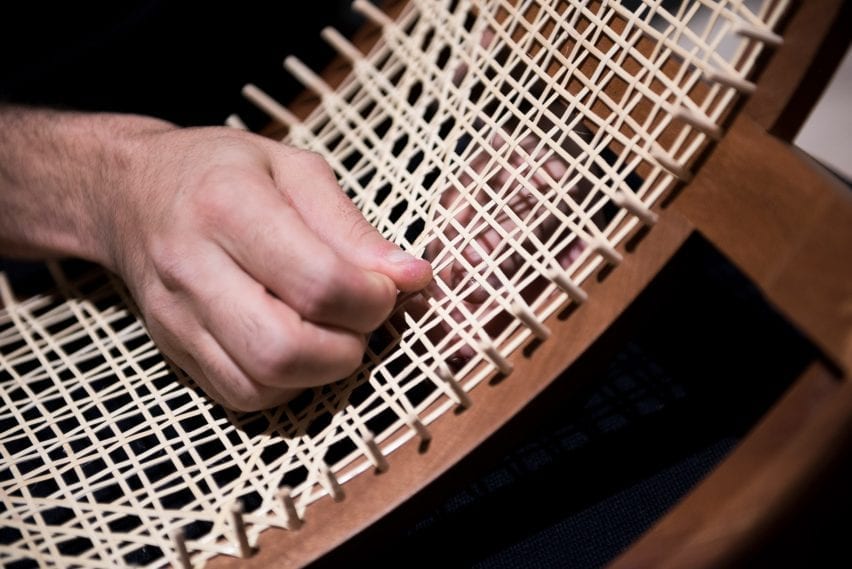
To underpin its long-standing commitment to driving sustainable development, Carl Hansen & Søn has drawn up a set of ambitious targets for 2025 that support the UN sustainable development goals.
By 2025, the company has pledged to use 100 per cent environmentally certified wood, manufacture 350 FSCTM-certified products, and reduce its CO2 emissions by 25 per cent on its 2015 output.
In addition, 100 per cent of all of its furniture textiles will be environmentally certified, 100 per cent of its leather will be traceable and sustainable, and products will come in 100 per cent sustainable packaging.
Find out more about Carl Hansen's full range of products by visiting the website and find the full programme of Open House talks here.
Partnership content
This article was written by Dezeen for Carl Hansen as part of a partnership. Find out more about Dezeen partnership content here.